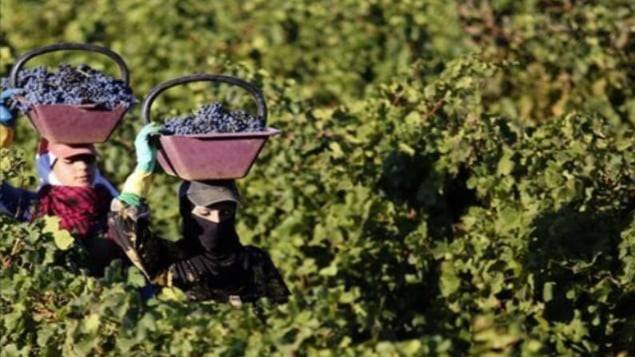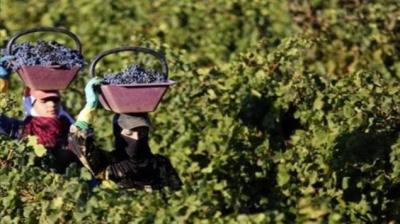The Minister of Agriculture in the caretaker government, Abbas Al-Haj Hassan, announced that "so far it has not been proven that crops in Lebanon are contaminated with cholera." In an interview with Sputnik, Al-Haj Hassan stated: "The situation must be described as it is; there is no doubt that cholera infections are increasing day by day, and we are responding to this matter rapidly. We have formed committees in the regions and at the central level, the General Directorate in Beirut, and we also have a special committee between the Ministry of Agriculture and the Ministry of Health that we are closely monitoring."
He affirmed that "so far it has not been proven that crops in Lebanon are contaminated; we are committed, and we have formed committees in the areas that the Ministry of Health has declared to be the most affected, speaking about Akkar and the northern and central Bekaa, to take random samples through a committee comprised of governors of the regions and the Ministries of Health and Agriculture, in addition to municipalities and the Red Cross." He noted that "the samples are only for weeds, and if it is found to be infected, a mechanism for disposal will be put in place; if it is not infected, everything remains as it is."
He added, "We are exporting every day; we have containers going to all countries of the world, and so far no container carrying vegetables, fruits, or weeds has been returned to us on the grounds that it is infected with cholera." He pointed out that "the cholera crisis is very significant, and we are monitoring it as the Lebanese government, as the Ministry of Agriculture, and as specialized ministries."
He clarified that "so far there has been no operation to halt imports, and there has been no ban on the entry of Lebanese fruits and vegetables into any Arab country or any friendly country or any country in the world. Of course, tests are being carried out in some countries, and we support this because we are monitoring this issue and recognizing the importance and severity of this matter, which indeed necessitates carrying out tests both within Lebanon and in the countries to which our products arrive. The results so far are all negative, and there is no cholera in the crops."
Regarding the control of irrigation for crops, Al-Haj Hassan stated, "We are doing our utmost; of course, some crops are irrigated with contaminated water, but whether this water is contaminated with cholera is a question that needs to be verified." He noted that "the rivers are contaminated in the country and have been irrigating crops for a long time. We must ask ourselves if we have the capability as the Lebanese government and relevant ministries in this regard; this is a wide-open question, but as the Ministry of Agriculture, we have recorded violations in many Lebanese areas that have been confirmed to be irrigating with wastewater; we spare no effort in this matter."
He stressed that "the agricultural sector is the only glimmer of hope that we can say could be a lifeline for this country, as everyone today is counting on the agricultural sector. There is no doubt that there are numerous obstacles and problems, and undoubtedly the costs of agricultural inputs are high due to the collapse of the national currency's exchange rate. However, there is international support, donor agencies, projects, and strategies we have developed in the Ministry of Agriculture, combined with a national strategy within an emergency plan."
The Minister of Agriculture in the caretaker government, Abbas Al-Haj Hassan, concluded by stating: "All of this lays the foundation for sustainable work in the agricultural sector, and there is also the opening of new markets abroad and the opening of domestic markets, because the external calendar is very important, but the internal calendar is more crucial, and this will be produced in the coming days through the development of agricultural guidance in the Ministry of Agriculture for all regions and all segments."




